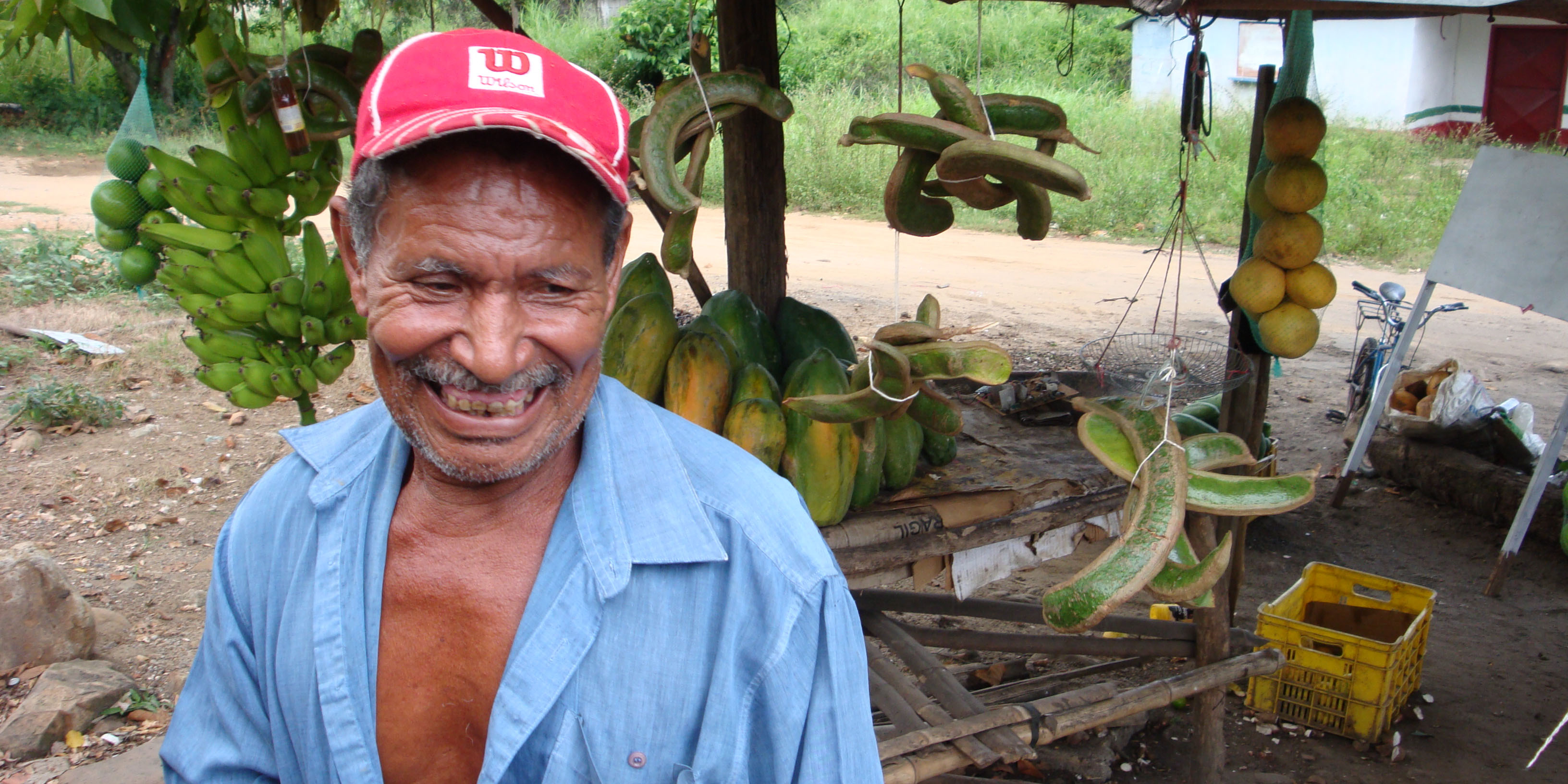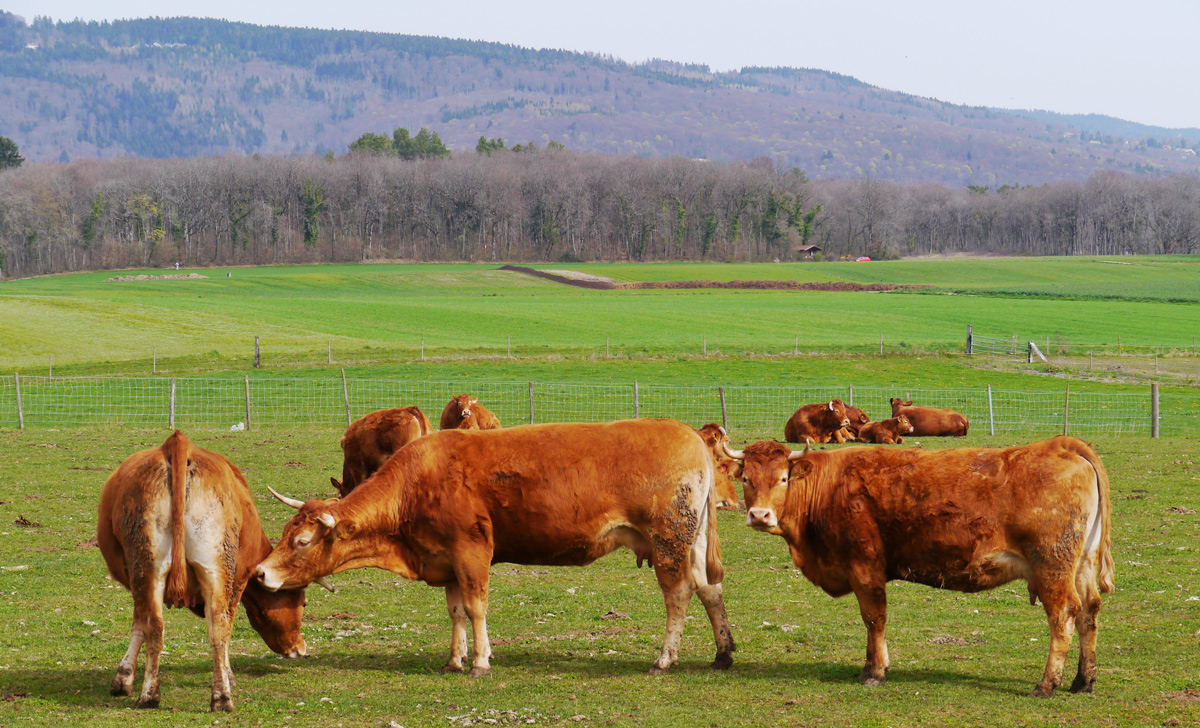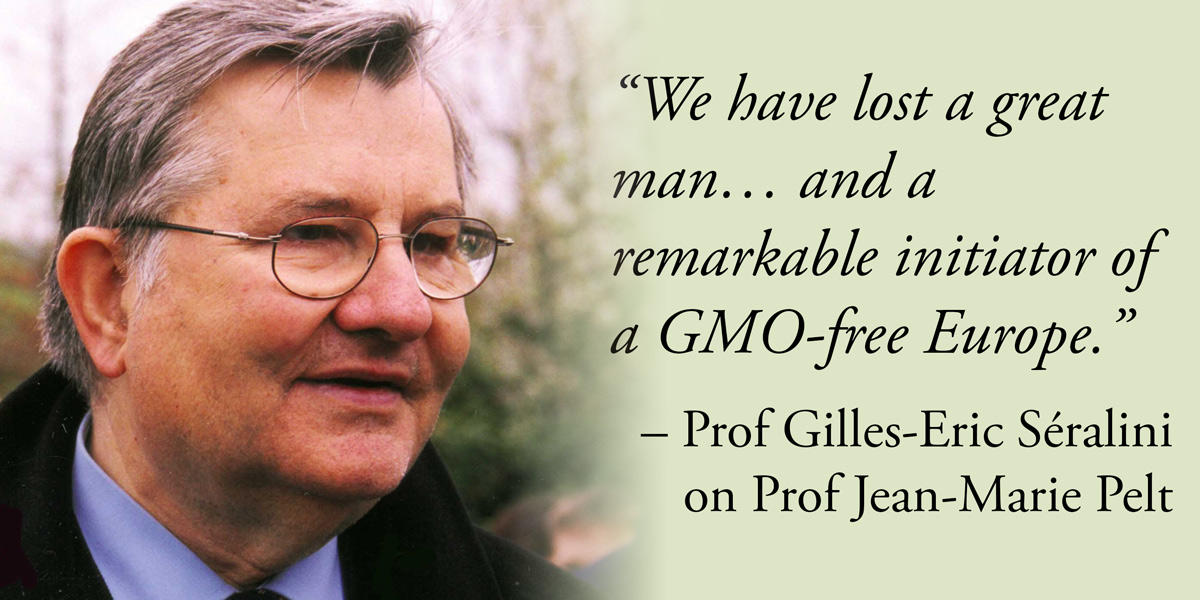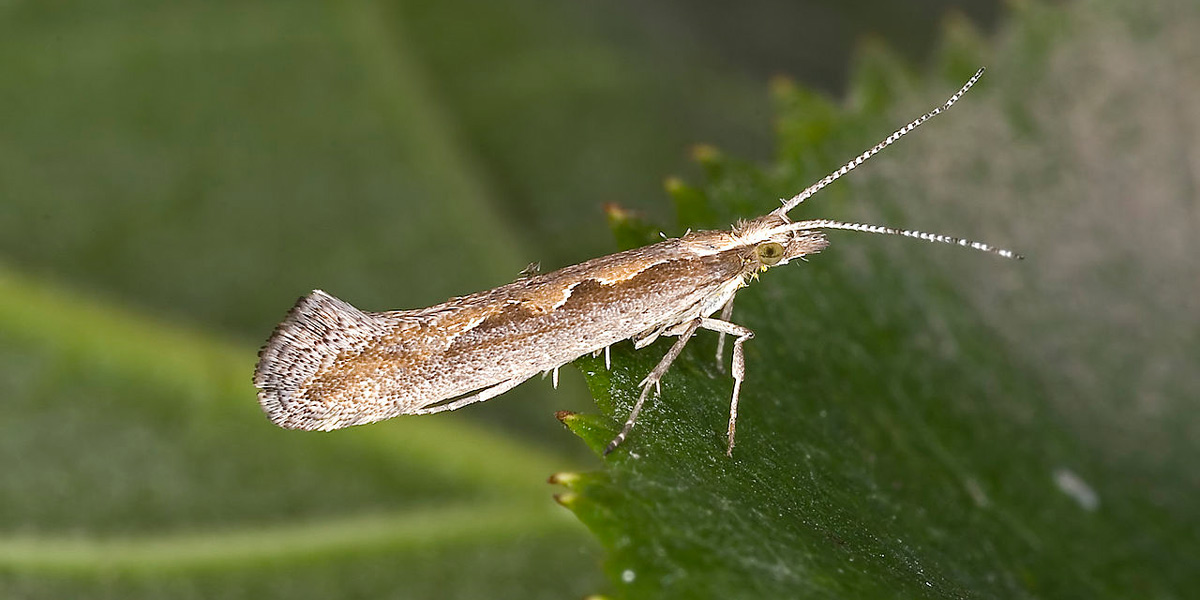Venezuela passes national anti-GMO and anti-patent seed law
Venezuela’s National Assembly has approved a draft Seed Law, which provides that the State shall promote sustainable agriculture as the strategic basis for food security. The rule seeks to consolidate national food sovereignty, regulate the production of hybrid seed, and reject the production, distribution, and importation of GM seeds.
Barcelona bans glyphosate in public parks
Barcelona’s public parks and green spaces will no longer be treated with the herbicide glyphosate. Ecological alternatives that are more respectful of the health of people and the environment will be sought, according to the city’s municipal Commission for Ecology, Planning and Mobility.
Edinburgh: Glyphosate weedkiller to be ditched over cancer fears
In Edinburgh, Scotland, park managers are set to end the use of glyphosate herbicide over fears it can cause cancer.
Switzerland will extend moratorium on GM crop cultivation
The Swiss Federal Council has declared that it is in favour of continuing the country’s moratorium on the cultivation of GM plants until 2021.
Taiwan bans GM food in school meals over health fears
Taiwan’s legislature has passed amendments to the School Health Act that ban the use of GM foods in school meals. The lawmakers said the move is necessary to ensure food safety and protect students' health.
Indian govt must look into Bt cotton failure: Experts
A team of independent researchers has said around 80 per cent of the Bt cotton crop in Raichur, Karnataka, India was destroyed due to pink bollworm attack. P. Srinivas Vasu, a team member, demanded the government hold Bt cotton seed companies responsible for the loss and compel them to pay compensation to affected farmers.
India: Mahyco Monsanto cancels Bt cotton licence over royalty payment
Mahyco Monsanto Biotech has cancelled the licence of Bt cotton seed manufacturers for “non-payment of royalty fees” for using its Bollgard-II technology.
Indian govt to control Bt cotton seed prices by fixing maximum retail price
The Indian government has decided to control the prices of cotton seeds, including the GM versions, by fixing a uniform maximum sale price from March 2016, a move that would deal a major blow to Monsanto.
GMOs and “unremitting fraud” in India
A petition has been filed by activist and campaigner Aruna Rodrigues against three persons of the Genetic Engineering Appraisal Committee (GEAC), India’s apex regulatory body. Rodrigues is seeking the initiation of contempt proceedings for wilfully and deliberately disobeying the explicit orders of the Supreme Court and proceeding with GMO field trials of GM mustard with the aim of commercially introducing to India herbicide tolerant (HT) food crops. She notes that India possesses an “utterly delinquent regulatory system” and has committed “unremitting fraud” where regulating GMOs are concerned.
Victory: Dark Act defeated! (for this year, anyway)
The US Congress has not included a policy rider in the must-pass federal omnibus spending bill that would have blocked states from implementing mandatory GMO food labelling laws. The rider, if included, would have been the last remnant (for this year) of the much-despised “Dark Act”, so called because it would Deny Americans the Right to Know that their food is GM. In 2016 the battle to finally defeat the Dark Act is expected to resume. To help Food Democracy Now! in their work to do just that, you can donate here.
US: Will GM salmon carry a mandatory label?
Language in the federal spending bill may have big implications for the food industry. The bill says that the FDA shall not allow GM salmon onto American store shelves until the FDA has published “final labelling guidelines”. Does this mean GM salmon will definitely be labelled? Not necessarily.
Can GM salmon really help feed the hungry and save the planet?
Three environmental sociologists ask: Why are we genetically engineering salmon at all? Clue: It’s nothing to do with feeding the hungry!
US: Are scannable barcodes the best solution for GMO labelling?
The Grocery Manufacturers Association - the largest trade group for corporations that make food and beverages - has come up with its own solution for the conundrum of GMO labelling: QR codes. But the system is problematic for many reasons, writes dietitian Carole Bartolotto. Huffington Post
Hershey dumps sugar beets because of GM concerns
Chocolate manufacturer Hershey has decided to stop buying beet sugar because it comes from GM seeds.
Dow/DuPont merger will lead to higher seed prices, more failing GM technology
DuPont and Dow's gigantic $130 billion merger will lead to less choice for farmers when it comes time to order corn and soybean seed, higher seed prices, and a doubling-down on GMO technology that is working less and less well, writes Dr Chuck Benbrook.
Yurok tribe bans GMOs
In California, the Yurok tribe has passed the first ever tribal ordinance banning GMOs from its territory. The move came in direct response to the US Food and Drug Administration’s ruling in November that GM salmon is safe to eat.
European Parliament rejects “unlawful” proposal to import pesticide-tolerant GM maize to the EU
The European Parliament has objected to the import of Monsanto’s Roundup Ready Liberty Link GM maize into the EU. The Parliament said the Commission’s decision to authorise the import of this GM crop was “not consistent with Union law” that aims at a high level of health and environmental protection. However, the Parliament’s objection is not binding for the Commission, so the authorisation for import stands.
Philippines govt to challenge ban on GMO imports ordered by top court
The Philippines government said it will challenge a ban on GMO imports ordered by the country's top court, after the ruling rattled global markets over the threat of disruption to millions of tonnes of soybean meal shipments. The Supreme Court had struck down a 2002 government regulation that allowed the import of GMOs and imposed a temporary ban until new rules were formulated.
GMO industry is built on fear, fraud and corruption
The more the GM industry claims to enjoy the support of 'science', the more it resorts to emotive attack and insult against its opponents, while doing its best to suppress the many scientific truths that are not to its liking, writes Colin Todhunter.
New science-based website on GMOs launched
A new science-based website, GMOScience.org, has been set up by a group of experts in science, medicine and agronomy “to evaluate the data on the pros and cons of genetically modified organisms (GMO) through an expert review process”.
Scientists and civil society must move together towards a new science
Dr Christian Vélot reports on an international conference on the assessment of GMOs and pesticides and calls for a new type of participatory research.
Prof Jean-Marie Pelt dies 23 December 2015
Prof Jean-Marie Pelt, an ecologist, botanist, pharmacologist, and initiator of the movement towards a GMO-free Europe, has died.
LOBBYWATCH
GM insects and moral blackmail
A new report from the UK House of Lords Science and Technology Select Committee uses moral blackmail to argue) that GM insects could control diseases – but completely ignores the risks of the technology and reads like an advertisement for the small British GM insect firm Oxitec. New technologies expert Hilary Sutcliffe blasted the report in a very readable article titled, “GM insects: The Lords fail spectacularly to learn the lessons of the past”.
Science Media Centre paid £30,000 by Coca-Cola
Coca-Cola has spent £8.9 million over the past five years funding top British scientists carrying out research on healthy eating. £30,000 of that went to the Science Media Centre, which has taken pro-GMO and pro-industry lines in many important scientific controversies. Coca-Cola has also funded individual scientists.




